Is Eurovision Banning LGBTQ+ Representation? The Pride Flag Debate
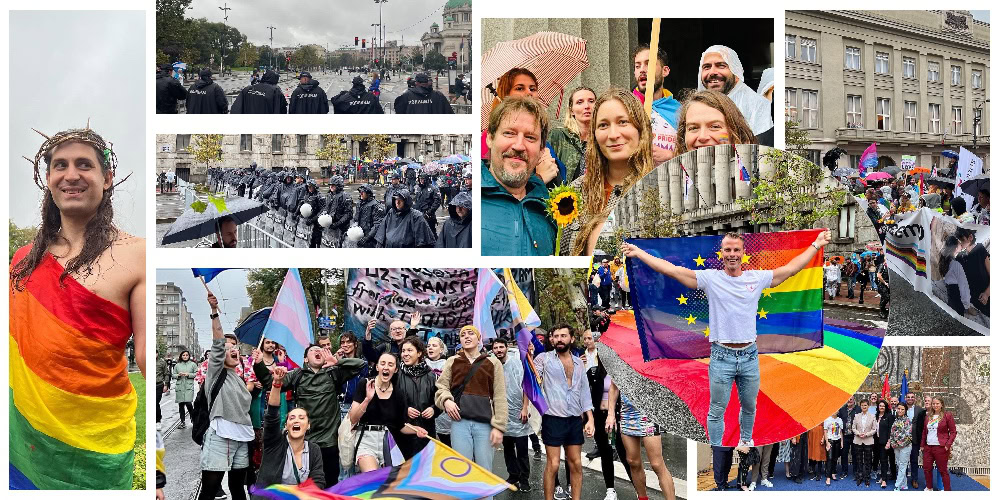
Table of Contents
Historical Context: A Look at Eurovision's LGBTQ+ History
Eurovision's relationship with LGBTQ+ representation is complex and has evolved over time. While the contest has never explicitly banned LGBTQ+ participation, the level of visible representation has fluctuated, reflecting the changing social and political landscapes of participating countries.
- Early Years: While overt displays of LGBTQ+ identity were less common in the earlier decades of the contest due to societal norms, there were undoubtedly LGBTQ+ artists participating whose identities might not have been publicly known or acknowledged at the time.
- Rising Visibility: In more recent years, we've seen a notable increase in openly LGBTQ+ artists participating and achieving success. This reflects a broader shift towards greater acceptance and visibility within the LGBTQ+ community worldwide.
- Examples of LGBTQ+ Presence:
- Conchita Wurst's Victory (2014): Conchita Wurst's win for Austria was a landmark moment, showcasing the power of visible LGBTQ+ representation on a global stage and highlighting Eurovision's potential as a platform for inclusivity.
- Other Notable LGBTQ+ Participants: Numerous other openly LGBTQ+ artists have graced the Eurovision stage, contributing to a growing sense of acceptance and normalization within the contest. Many songs, though not always explicitly about LGBTQ+ themes, carried messages of love and acceptance that resonated deeply with the LGBTQ+ community.
- Past Controversies: While mostly positive, the journey hasn't been without its bumps. Some past performances or song choices have sparked minor controversies, highlighting the ongoing need for a truly inclusive environment.
The Current Debate: Analyzing Allegations of Suppression
Recent claims of LGBTQ+ suppression in Eurovision have stemmed from several incidents, sparking intense debate online and in the media. These claims often focus on alleged censorship or subtle forms of discrimination.
- Alleged Censorship: Some critics point to instances where they believe song lyrics or stage performances were altered or restricted due to perceived LGBTQ+ content. The specifics of these claims often vary and require careful examination.
- Media and Social Media Reactions: Social media has played a key role in amplifying these controversies, with LGBTQ+ activists and allies expressing their concerns and calling for greater transparency and inclusivity from Eurovision organizers. Conversely, others argue that these are isolated instances, blown out of proportion by activist groups.
- Interpretations of Ambiguous Actions: Sometimes, actions by Eurovision organizers are open to multiple interpretations. This ambiguity can fuel speculation and contribute to the ongoing debate.
- Examples of Alleged Suppression: Specific examples are crucial for understanding the nature of the allegations. Each case needs to be analyzed based on the specific context and available evidence. Lack of clear explanations from organizers only adds fuel to the fire.
- Impact on Participation: The potential impact of perceived suppression on LGBTQ+ artists’ willingness to participate is a significant concern. Fear of censorship or discrimination could discourage talented individuals from entering the contest.
- Counterarguments: Some argue that claims of systemic suppression are overstated. They highlight the ongoing participation of LGBTQ+ artists and the general positive trajectory of inclusivity in the contest.
The Role of National Broadcasting Organizations
The influence of national broadcasting organizations (NBOs) is crucial to understanding the complexities of LGBTQ+ representation in Eurovision. Each NBO operates within the specific socio-political context of its country, leading to variations in levels of LGBTQ+ acceptance and support.
- Varying Levels of Acceptance: Countries with strong LGBTQ+ rights and progressive social attitudes tend to be more supportive of LGBTQ+ representation in their Eurovision entries, while others with more conservative views may be less inclined to showcase LGBTQ+ themes or artists.
- Impact on Artist Selection: NBOs play a vital role in selecting artists and songs for the contest. Their decisions can significantly impact the visibility of LGBTQ+ voices and narratives.
- Examples of Discrepancies: Comparing the approach of NBOs in countries with varying degrees of LGBTQ+ rights demonstrates the challenges involved in ensuring consistent inclusivity across the contest.
The Broader Implications for Diversity and Inclusion
Eurovision, as a global platform, holds significant symbolic weight. The contest’s commitment (or lack thereof) to diversity and inclusion sends a powerful message to a worldwide audience.
- Symbolic Importance: LGBTQ+ representation in Eurovision carries substantial symbolic meaning. It can foster acceptance and understanding, challenge prejudice, and inspire hope for equality.
- Impact on Eurovision's Image: A perceived lack of inclusivity can negatively impact Eurovision's image and reputation, potentially alienating a significant portion of its global audience.
- Wider Implications for Marginalized Groups: The debate about LGBTQ+ representation in Eurovision is part of a broader conversation about the need for greater diversity and inclusivity in all aspects of society, affecting other marginalized groups as well. Intersectionality needs to be considered - LGBTQ+ identities are often intertwined with other aspects of identity, such as race, gender, and disability.
Conclusion
The debate surrounding LGBTQ+ representation at Eurovision is complex and multifaceted. While the contest has showcased LGBTQ+ artists in the past, allegations of suppression require careful examination, considering the diverse political and social landscapes of participating nations and the power of national broadcasters. The future of LGBTQ+ inclusion in Eurovision hinges on proactive measures to ensure equal opportunities and a genuinely inclusive atmosphere.
Call to Action: The conversation about LGBTQ+ representation at Eurovision is far from over. Let's continue to engage in a thoughtful discussion about how to improve inclusion and ensure that the Eurovision Song Contest truly reflects the global diversity of its audience. Share your thoughts on the #EurovisionLGBTQ+ debate and help us promote genuine LGBTQ+ representation in the years to come.

Featured Posts
-
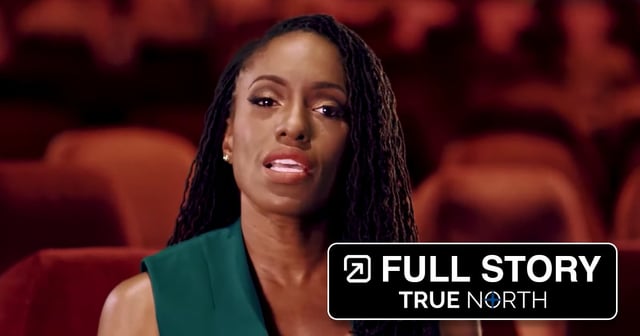 Targets Controversial Dei Decision Impact On Sales And Brand Reputation
May 01, 2025
Targets Controversial Dei Decision Impact On Sales And Brand Reputation
May 01, 2025 -
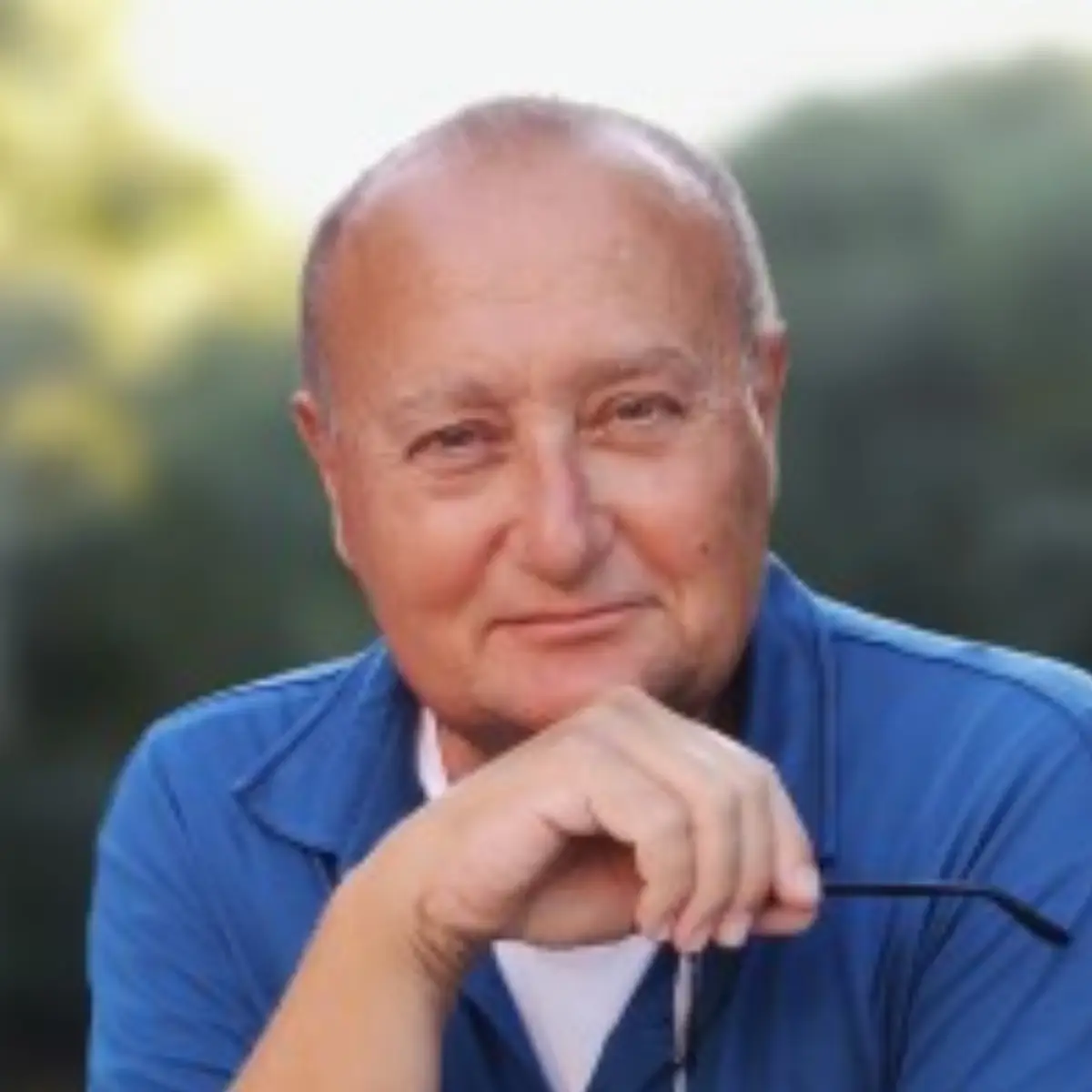 Lutto Nel Giornalismo Parlamentare Ci Lascia Mario Nanni
May 01, 2025
Lutto Nel Giornalismo Parlamentare Ci Lascia Mario Nanni
May 01, 2025 -
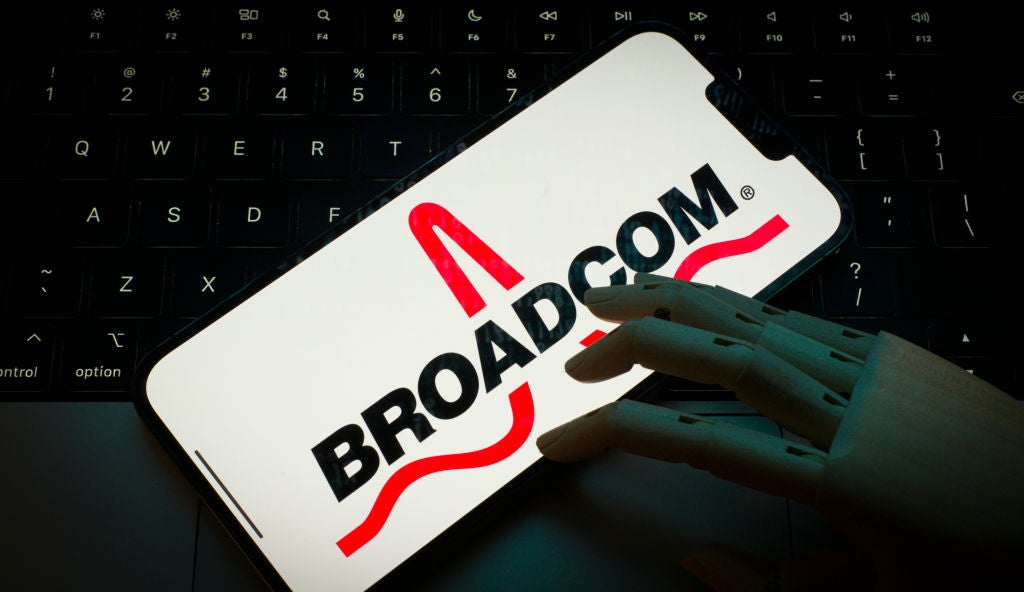 V Mware Pricing Controversy Broadcoms Proposed 1 050 Hike
May 01, 2025
V Mware Pricing Controversy Broadcoms Proposed 1 050 Hike
May 01, 2025 -
 Processo Becciu Data Appello 22 Settembre E La Sua Professione Di Innocenza
May 01, 2025
Processo Becciu Data Appello 22 Settembre E La Sua Professione Di Innocenza
May 01, 2025 -
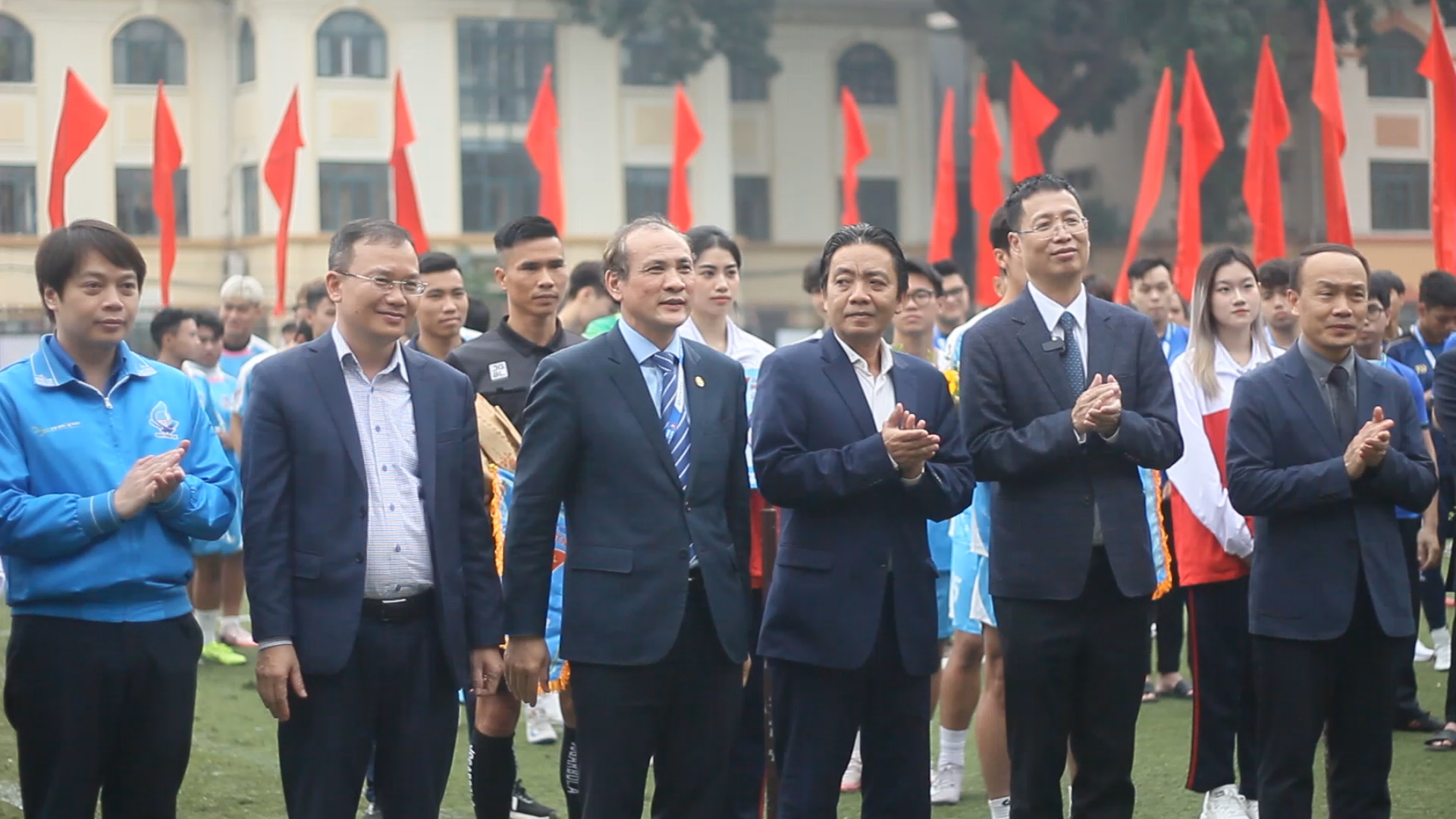 Lich Thi Dau Vong Chung Ket Tnsv Thaco Cup 2025 Thoi Gian And Dia Diem Xem Truc Tiep
May 01, 2025
Lich Thi Dau Vong Chung Ket Tnsv Thaco Cup 2025 Thoi Gian And Dia Diem Xem Truc Tiep
May 01, 2025
